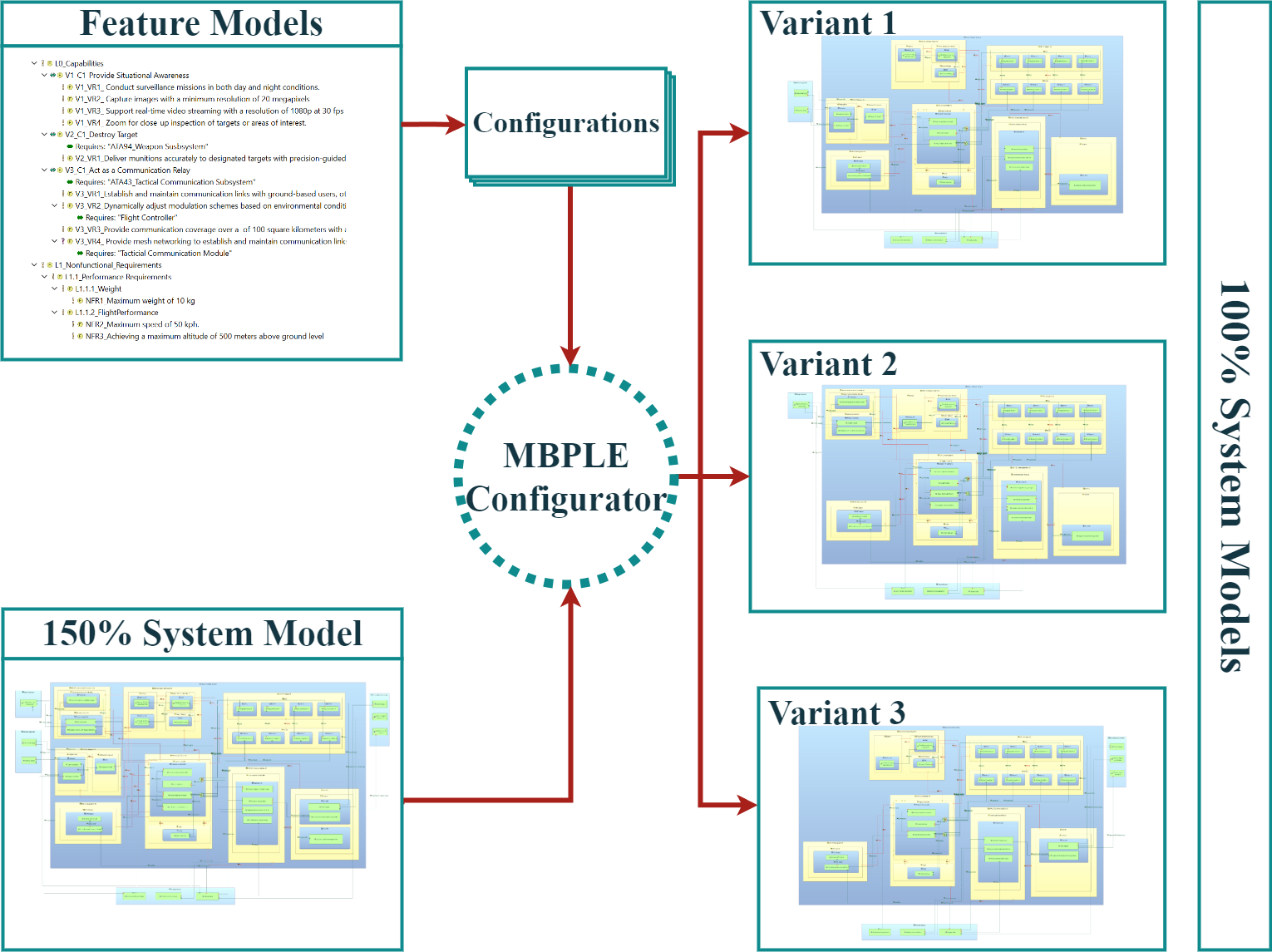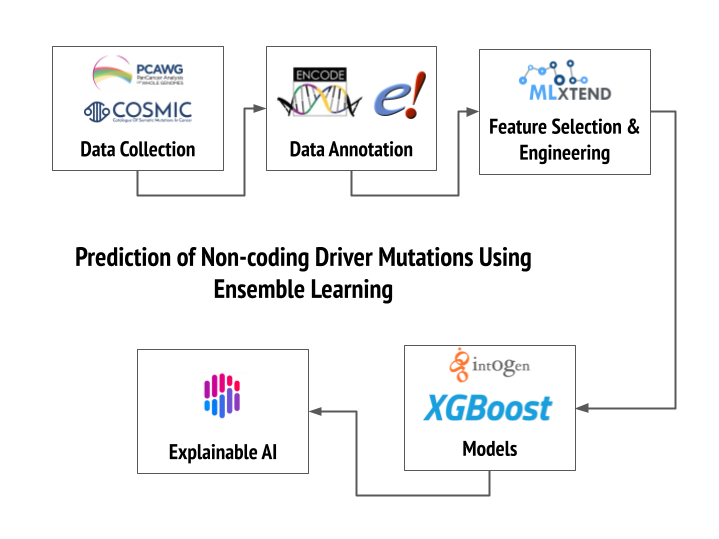Tuğçe Vural, Exploration of Practitioners’ Continuance Intention toward Agile Methodology Usage: An Empirical Investigation
This thesis aims to identify the factors influencing practitioners' continuance intention toward Agile methodology usage. The study also examines the influence of identified factors on the continuance intention of Agile methodology usage and proposes a model in the context of Agile methodology. The model was verified with the reliability tests, Exploratory Factor Analysis, Confirmatory Factor Analysis, and Structural Equation Modeling. By utilizing Structural Equation Modeling, the influencing factors and the relationships among these factors were analyzed and the final model is proposed.
Date: 05.09.2024 / 09:45 Place: A-108









